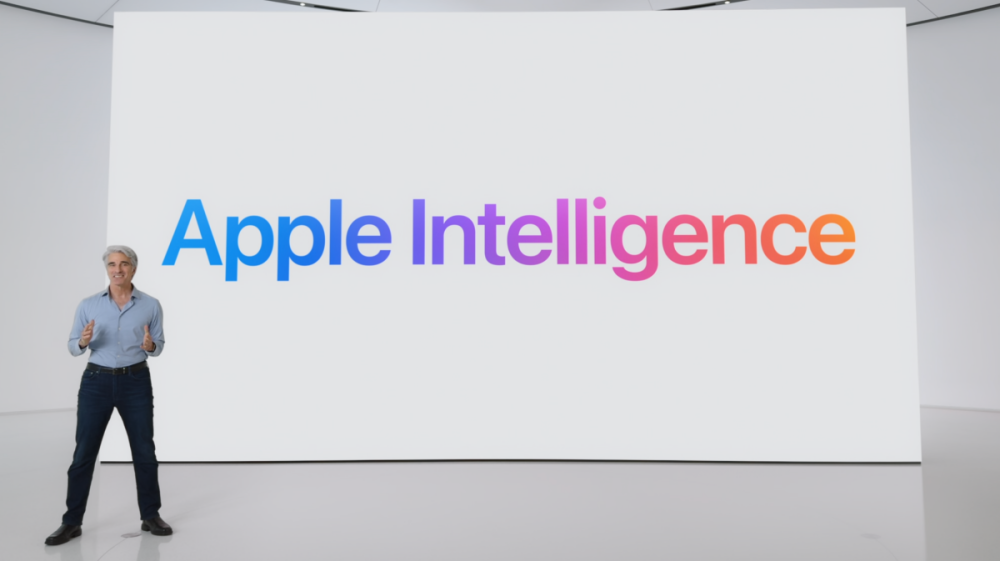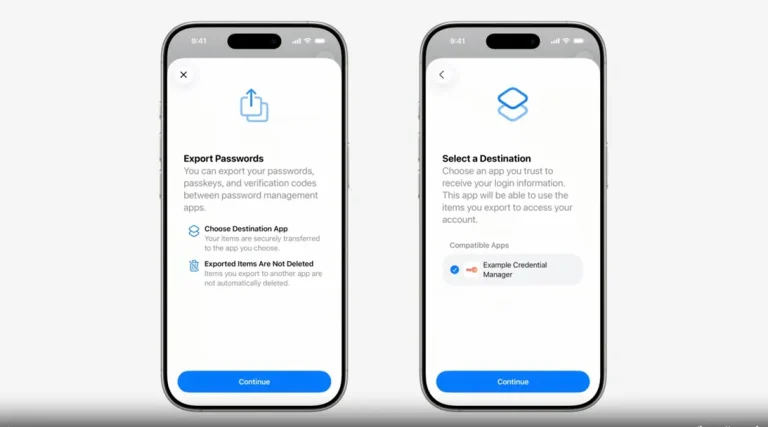
During the keynote address at WWDC 2025, Apple adopted a notably restrained tone regarding the new iteration of Siri. Although the presentation frequently referenced the integration of “Apple Intelligence” services, there was a conspicuous lack of substantive updates on the long-anticipated overhaul of Siri. In a post-event interview, Craig Federighi, Apple’s Senior Vice President of Software Engineering, confirmed that the company has officially abandoned its previous plan to “upgrade” Siri on top of its existing framework, opting instead to develop a wholly new architecture.
Federighi explained that the initial roadmap involved building the new Siri atop the existing V1 architecture. While technically feasible, this approach fell short of the quality standards users expect. As a result, Apple pivoted to constructing a more robust V2 architecture—an end-to-end AI system—which has, in turn, extended the development timeline.
He further emphasized that Apple is determined not to repeat past missteps by prematurely previewing features it cannot yet deliver. Thus, the company will now wait until its products reach full maturity before making public announcements.
Responding to criticism that Apple has ceded the lead in the AI race, Federighi clarified that the company’s objective is not to build a chatbot, but to deliver AI experiences that are genuinely useful, naturally interactive, and rigorously protective of user privacy. External competition, he said, is not Apple’s primary concern.
Despite the subdued discussion of Siri, Apple did unveil several new “Apple Intelligence” applications during WWDC 2025. These include real-time translation across phone calls, video chats, and apps, as well as an enhanced visual search function. The company has also upgraded Spotlight in macOS, integrating more advanced AI capabilities to facilitate a broader range of user tasks.
Moreover, Apple introduced the Foundation Models framework for developers, allowing their apps to directly access Apple Intelligence APIs. Through its open-source Containerization framework, Apple also enables the more streamlined creation of containerized services based on Linux architecture. Paired with the newly announced App Intents model—which promotes seamless interaction between apps—it is evident that Apple is laying the groundwork for a deeply integrated AI ecosystem.


